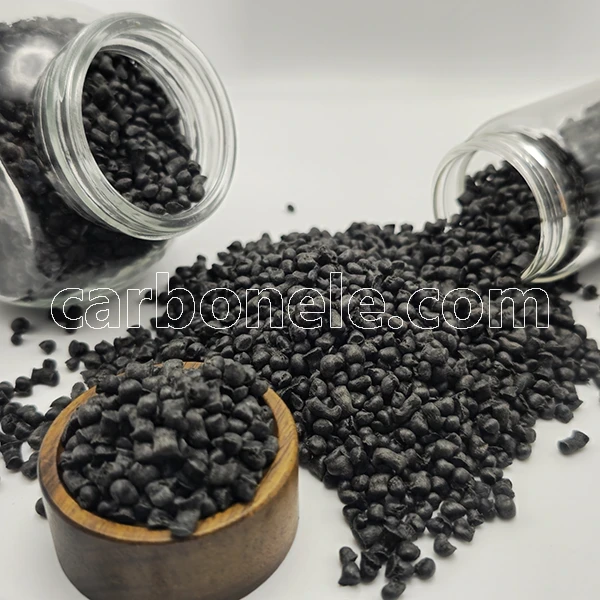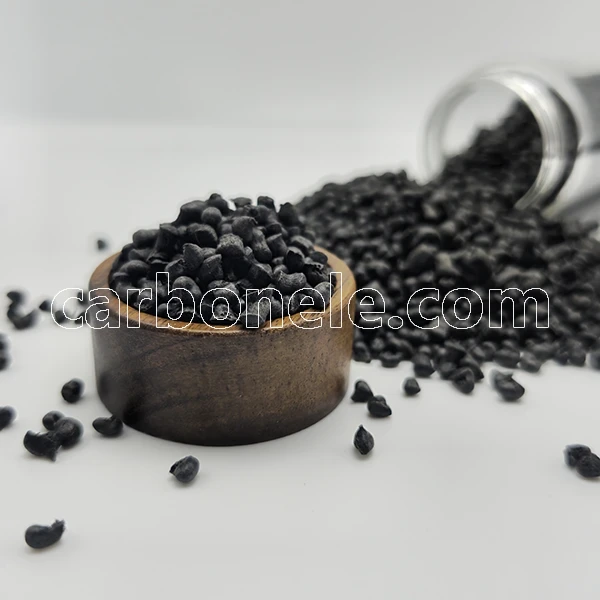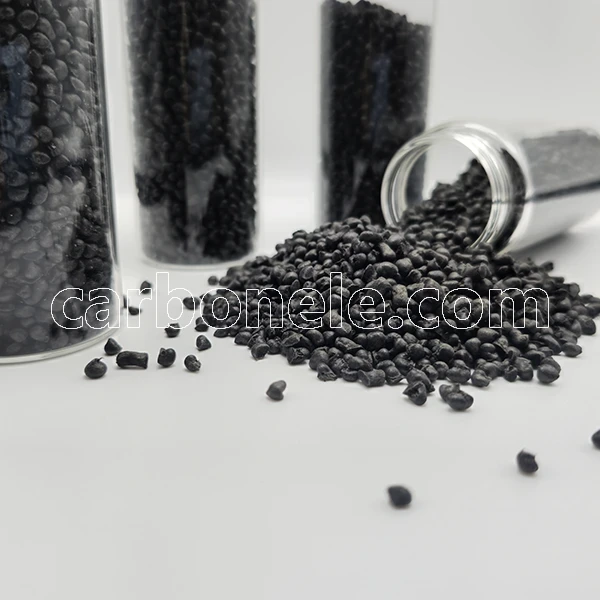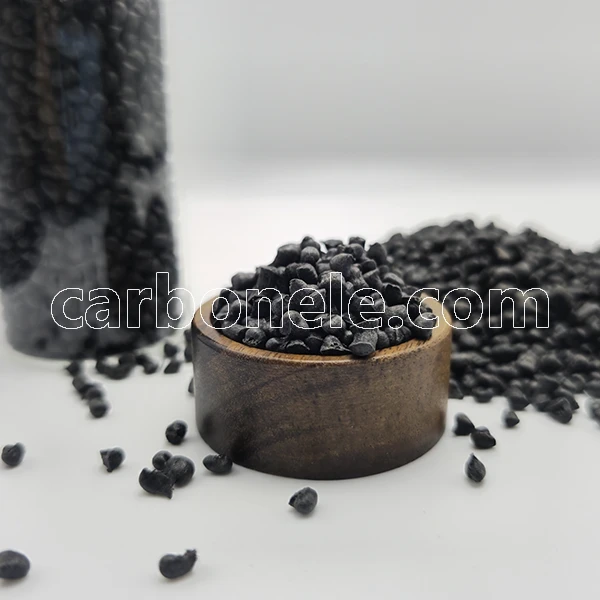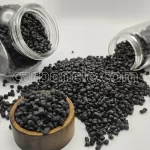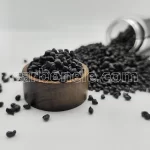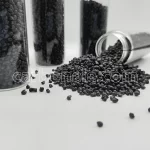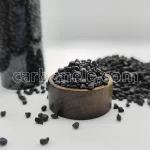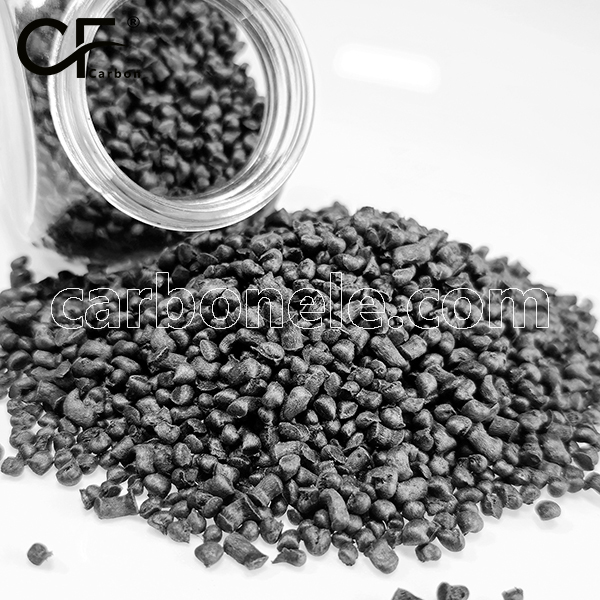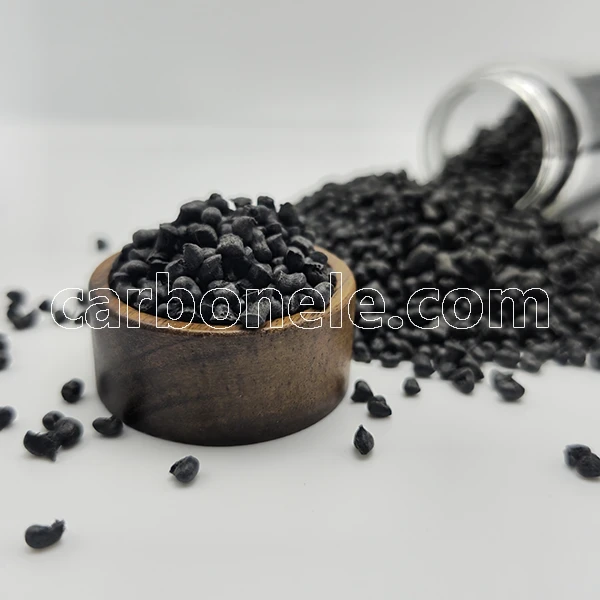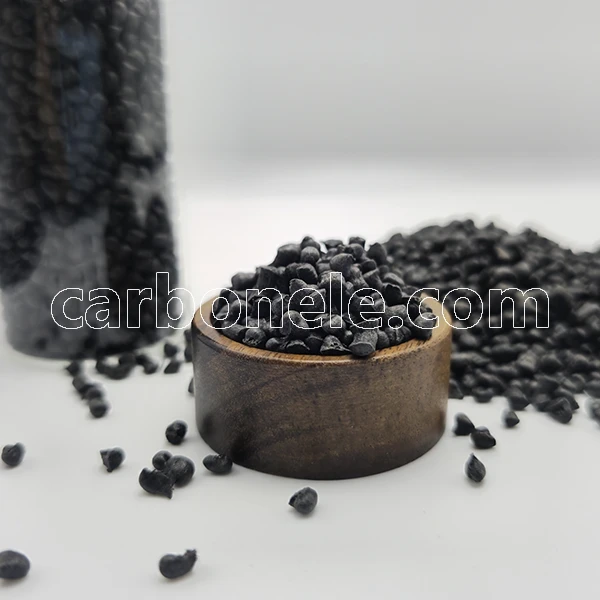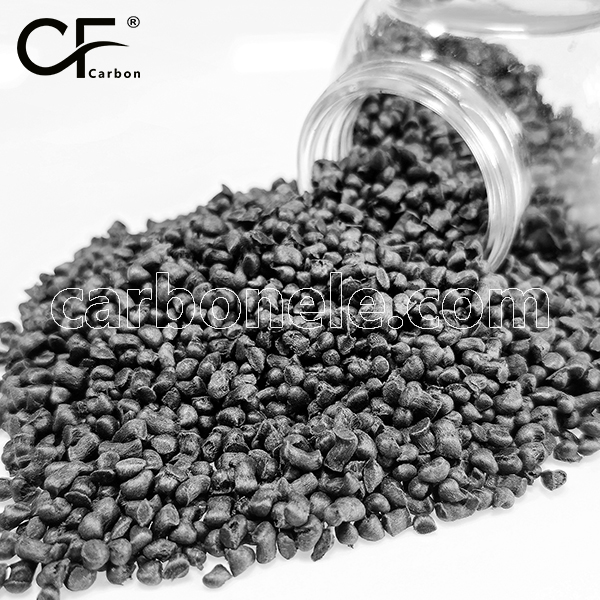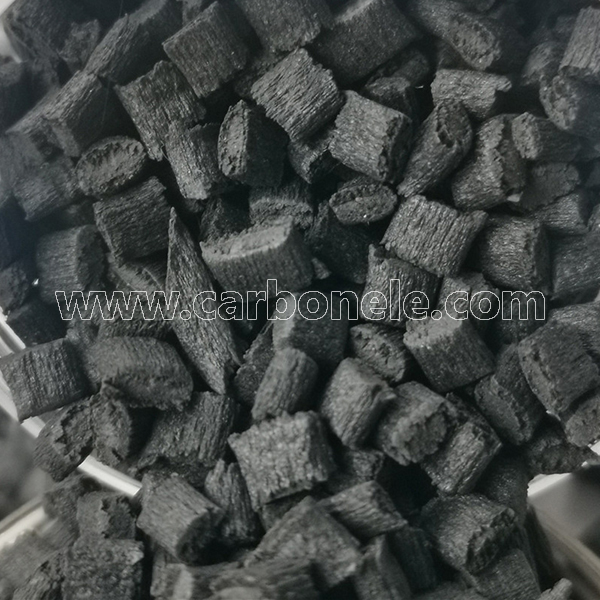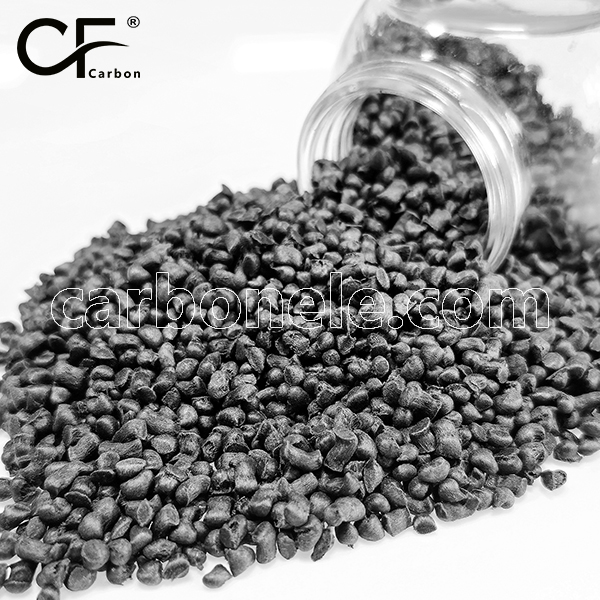
Lightweight 40% CF Filled TPU CF40 for Racing Cars
TPU CF40 has unique features like high strength and modulus, light weight, good wear resistance, chemical resistance, low water absorption, and stability. It’s fire-resistant, has good high-temperature and electrical insulation performance, impact resistance, and processing performance.
- Manufacturer: Carbon New Material
- OEM/ODM: Acceptable
- Color: Black
- Free Samples: ≤25kgs
- MOQ: 100kgs
- Port: Xiamen
- Model Number: TPU-CF-BCA4
What does TPU CF40 Feature?
TPU CF40 is a composite material composed of thermoplastic polyurethane (TPU) and 40% carbon fibers, and it has the following unique performance characteristics:
1.High strength and high modulus: The addition of carbon fibers significantly enhances the strength and rigidity of the material, giving it excellent bearing capacity.
2.Lightweight: While ensuring strength, it is lighter than traditional materials, which is conducive to reducing the overall weight of the product.
3.Good wear resistance: It can withstand frequent friction and wear, prolonging the service life.
4.Excellent chemical corrosion resistance: It has good resistance to a variety of chemical substances and can maintain stable performance in different chemical environments.
5.Low water absorption: It reduces performance changes caused by water absorption.
6.Good dimensional stability: The molding shrinkage rate is small, which helps maintain the accuracy of the product size.
7.Good fire resistance: It has better flame retardant performance, increasing the safety of use.
8.Strong resistance to vibration fatigue: It can withstand repeated vibrations and stresses, and is not prone to fatigue damage.
9.High-temperature performance: It can be used for a long time within a wide temperature range (-260°C to 330°C), and the thermal deformation temperature is as high as 343°C.
10.Electrical insulation: It can still maintain good electrical insulation in high-temperature and high-humidity environments.
Impact resistance: It has a certain impact resistance and can absorb and disperse impact energy.
11.Good processing performance: It can be processed through traditional injection molding and extrusion processes to manufacture complex-shaped parts.
12.Design flexibility: It can meet personalized design requirements and adapt to a variety of different application scenarios.
TPU CF40% produced by different manufacturers may have some differences in performance. For specific performance, it is necessary to refer to the relevant product instructions.
An application case
TPU CF40 has emerged as a top choice for engineers and designers in the contemporary pursuit of high-performance materials within the industry. This remarkable composite material, reinforced with 40% carbon fiber and thermoplastic polyurethane, has achieved a revolutionary breakthrough in the domain of automotive manufacturing.
Envision a high-speed racing car that showcases astonishing stability and precise handling with every twist and turn. The credit for this lies in the utilization of the TPU CF40 material in its body. Not only does it significantly reduce the vehicle’s weight, but it also supplies the indispensable strength and impact resistance. Carbon (Xiamen) New Material, the producer of this revolutionary material, guarantees the outstanding quality of each batch of TPU CF 40 through its state-of-the-art R&D technology and stringent quality control measures.
Another highly notable advantage of TPU CF40 is its exceptionally outstanding wear resistance and corrosion resistance, making it the ideal selection for marine engineering and chemical equipment. In the construction of offshore platforms, the incorporation of TPU 40CF substantially enhances the durability of the structure. It maintains peak performance even in the harshest and most extreme marine environments, where exposure to saltwater, strong winds, and constant pressure pose significant challenges.
Furthermore, the processability of TPU CF40 is equally remarkable. Through traditional injection molding and extrusion processes, intricately shaped parts can be effortlessly manufactured to fulfill the demands of personalized design. This has led to a vast array of applications for TPU CF 40% in aerospace, medical devices, and even in the design of everyday consumer products.
TPU CF40 manufactured by Carbon New Material, with its lightweight, high strength, and multifunctional capabilities, is redefining the benchmarks of modern industrial materials. It is bestowing unprecedented design flexibility and performance enhancements across a diverse range of industries.
What does 40% CF TPU highlight compared with other materials?
1. Elasticity and flexibility: The characteristics of TPU enable TPU + CF40 to have better elasticity and flexibility while maintaining high strength. This makes it outstanding in applications that require a certain degree of deformation ability, such as certain dynamic components or structures that need buffering.
2. Impact resistance: Compared with some brittle carbon fiber composites, TPU – CF40 can better absorb and disperse impact energy, reducing the risk of cracking and being more reliable when subjected to sudden impacts.
3. Processing convenience: TPU itself is a thermoplastic material, making TPU 40%CF relatively easier to be molded through common processing methods such as injection molding and extrusion, and it can produce more complex shapes and structures.
4. Wear resistance: The good wear resistance of TPU endows TPU CF40 with an advantage in application scenarios with frequent friction, reducing wear and damage.
5. Chemical resistance: It may have a wider range of chemical resistance and can remain stable in various chemical environments.
6. Cost-effectiveness: In some applications, TPU 40% CF may have a certain economic advantage while meeting performance requirements at a relatively lower cost.
However, the specific advantages will vary depending on the specific application requirements and usage scenarios, and a comprehensive evaluation and selection need to be made based on the actual situation.
Learn more details about TPU Carbon fiber reinforced compounds, please click here.
If you are interested in our product, please don’t hesitate to send us an inquiry at any time.
Carbon (Xiamen) New Material
Carbon (Xiamen) New Material Co., Ltd., as a high-tech enterprise specializing in the R&D, production and sales of carbon fiber thermoplastic pellet materials, has always been committed to providing customers with high-quality carbon fiber thermoplastic pellet products and perfect solutions. Main products: PA6 CF, PA66 CF, PBT CF, PA6 LCF, ABS LCF, PEEK CF, PP LCF and other carbon fiber-filled and reinforced thermoplastic composites.
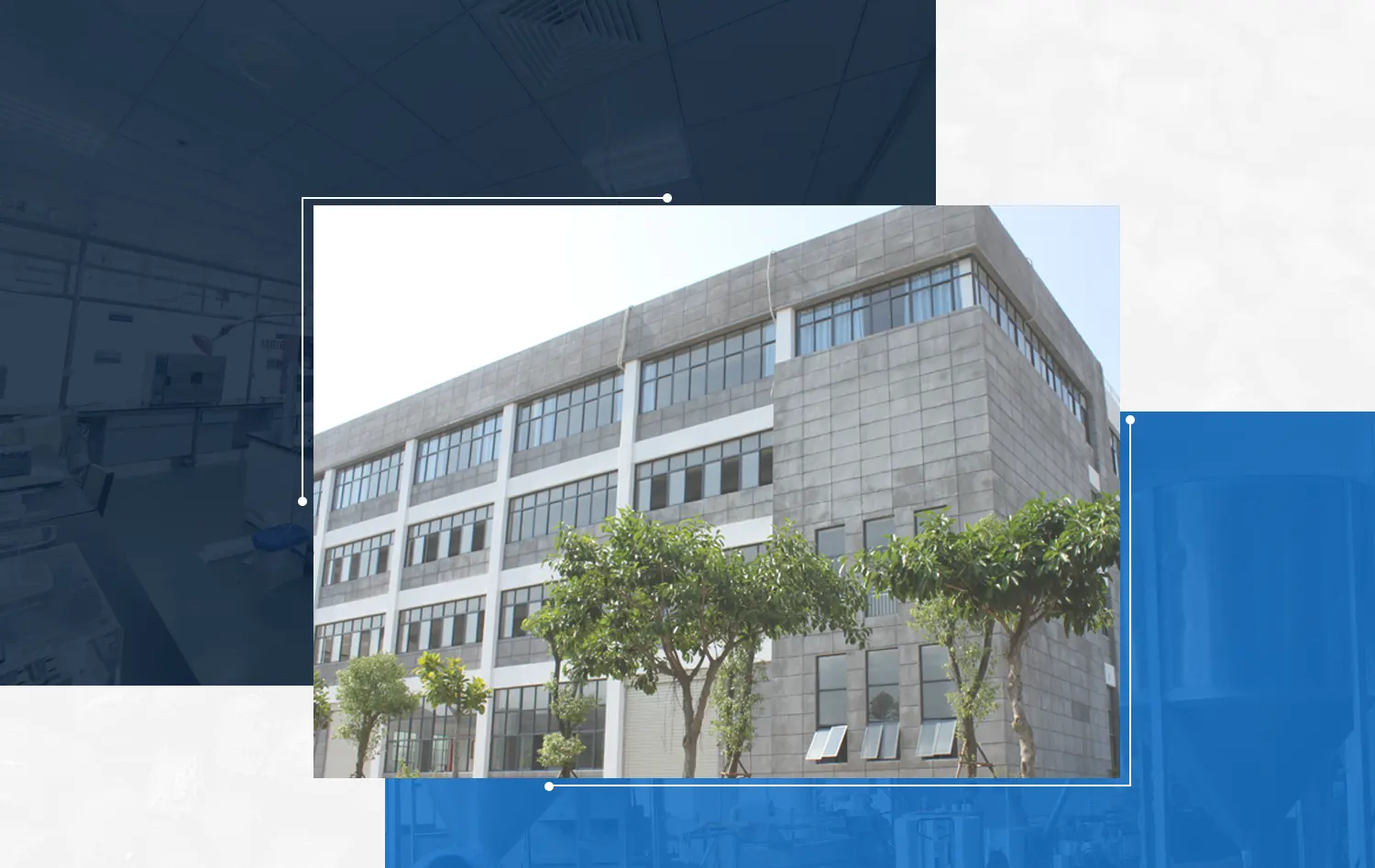
Traits of TPU Resins
1. Elasticity and Flexibility: TPU resins have a high degree of elasticity and flexibility, allowing them to stretch and return to their original shape without significant deformation. 2. Abrasion Resistance: They exhibit excellent resistance to abrasion, making them suitable for applications where durability is crucial, such as conveyor belts and mechanical parts. 3. Chemical Resistance: TPU resins can withstand exposure to a wide range of chemicals, including oils and solvents, maintaining their integrity and performance. 4. Temperature Resistance: They can operate within a broad temperature range, from low temperatures to relatively high temperatures, without significant deterioration in properties.
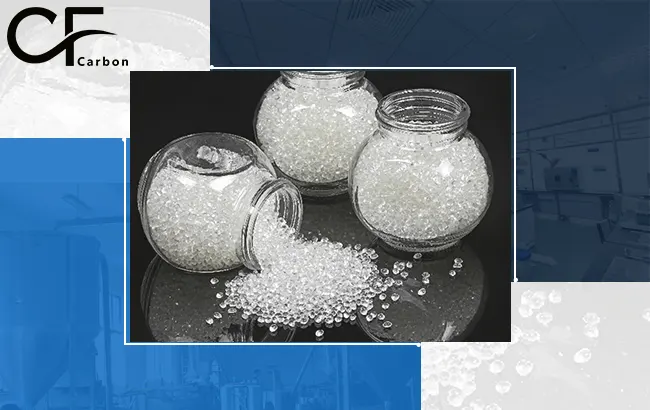
Attributes of Carbon Fibers
1. Exceptional Strength: Carbon fibers possess extremely high tensile strength, which is many times stronger than steel. This makes them ideal for applications where high strength is essential, such as aerospace components and sports equipment. 2. Lightweight: Despite their strength, carbon fibers are very lightweight. This combination of strength and low weight is highly valuable in industries where weight reduction is critical, like automotive and cycling. 3. Thermal Conductivity: Carbon fibers have good thermal conductivity, enabling efficient heat dissipation. This property is exploited in electronics and heat management systems.
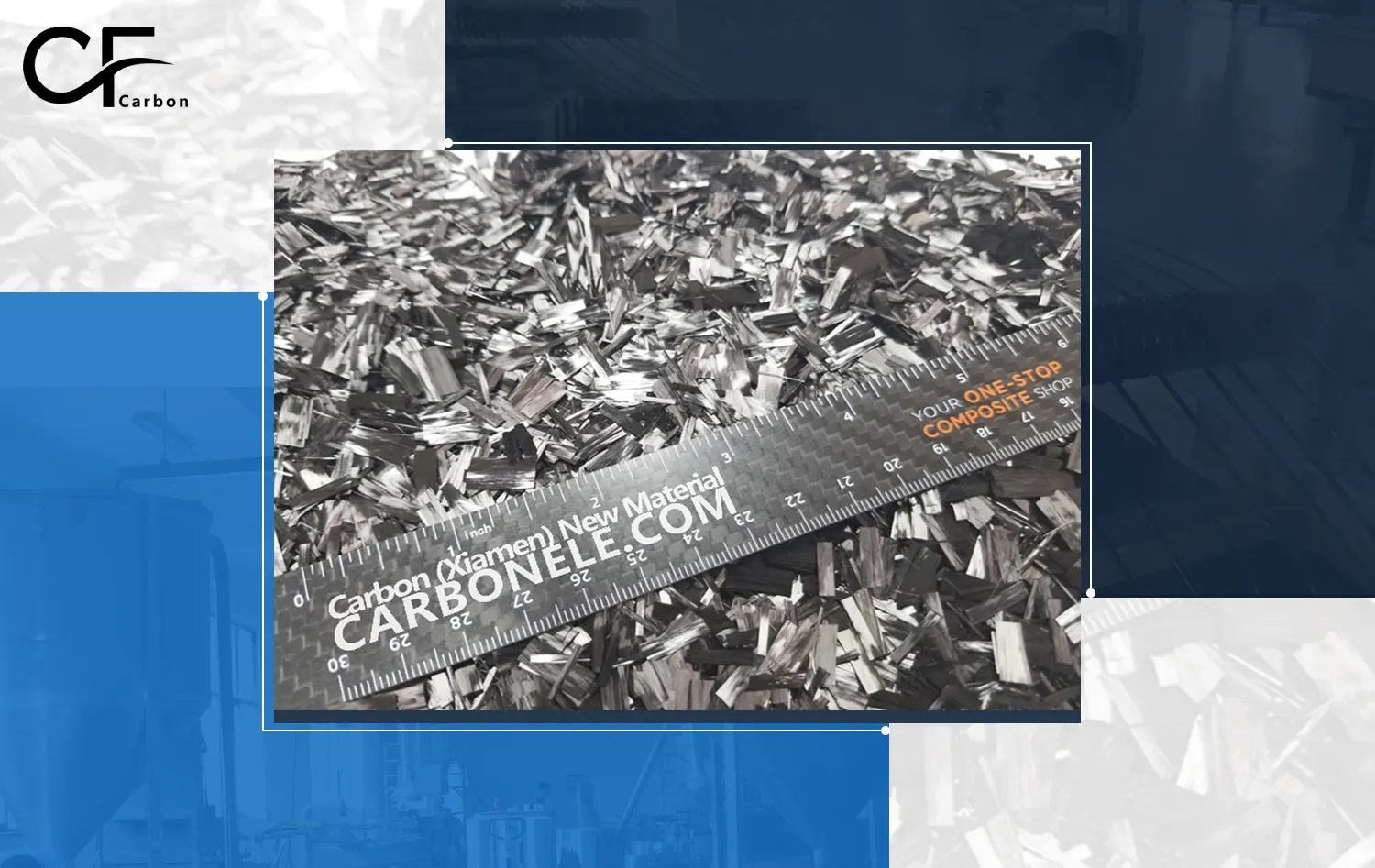
Frequently Asked Questions
Carbon (Xiamen) New Material Co., Ltd. aims to provide buyers with "one-stop" worry-free high-quality services. Here you can find all information about carbon fiber engineering plastics. If you still have questions, please send us an email for consultation!
-
How can I contact the manufacturer of a product that interests me?
When you find a product you are interested in, you can contact the manufacturer directly by sending an email and we will get back to you as soon as possible.
-
How do I find the products that interest me?
All you need to do is enter the keyword, product name in the search window and press the Enter key on your keyboard. Your search results page will then be displayed. You can also search within the product category pages on the home page. Each category is divided into subcategories, allowing you to refine your search and find products that interest you.
-
Where will I find a buying guide?
Please contact our after-sales service directly and we will provide you with a comprehensive operating guide.
-
What are CF Reinforced Thermoplastic Composites?
CF Reinforced Thermoplastic Composites are materials where carbon fibers are incorporated into a thermoplastic matrix. They combine the strength and stiffness of carbon fibers with the processability and recyclability of thermoplastics. For instance, they are used in automotive parts like bumper beams.
-
What are the benefits of CF Reinforced Thermoplastic Composites over traditional composites?
The key benefits include faster production cycles, easier recyclability, and better impact resistance. They also offer design flexibility. An example is in the manufacturing of consumer electronics casings where complex shapes can be achieved more easily.
-
How are CF Reinforced Thermoplastic Composites processed?
Common processing methods include injection molding, extrusion, and compression molding. Injection molding is widely used for mass production. For example, in the production of small components for the medical industry.
-
What industries use CF Reinforced Thermoplastic Composites?
They are utilized in aerospace, automotive, medical, and sports equipment industries. In aerospace, they can be found in interior components. In the medical field, they might be used in prosthetics.
-
How does the carbon fiber content affect the properties of the composites?
Higher carbon fiber content generally leads to increased strength and stiffness but may reduce ductility. A moderate content is often balanced for specific applications. For example, a higher content might be preferred in structural parts of a race car.
-
What are the challenges in using CF Reinforced Thermoplastic Composites?
Challenges include higher material costs, complex processing equipment requirements, and ensuring uniform fiber dispersion. Issues with adhesion between the fibers and the matrix can also arise. An example is in achieving consistent quality in large-scale production.








